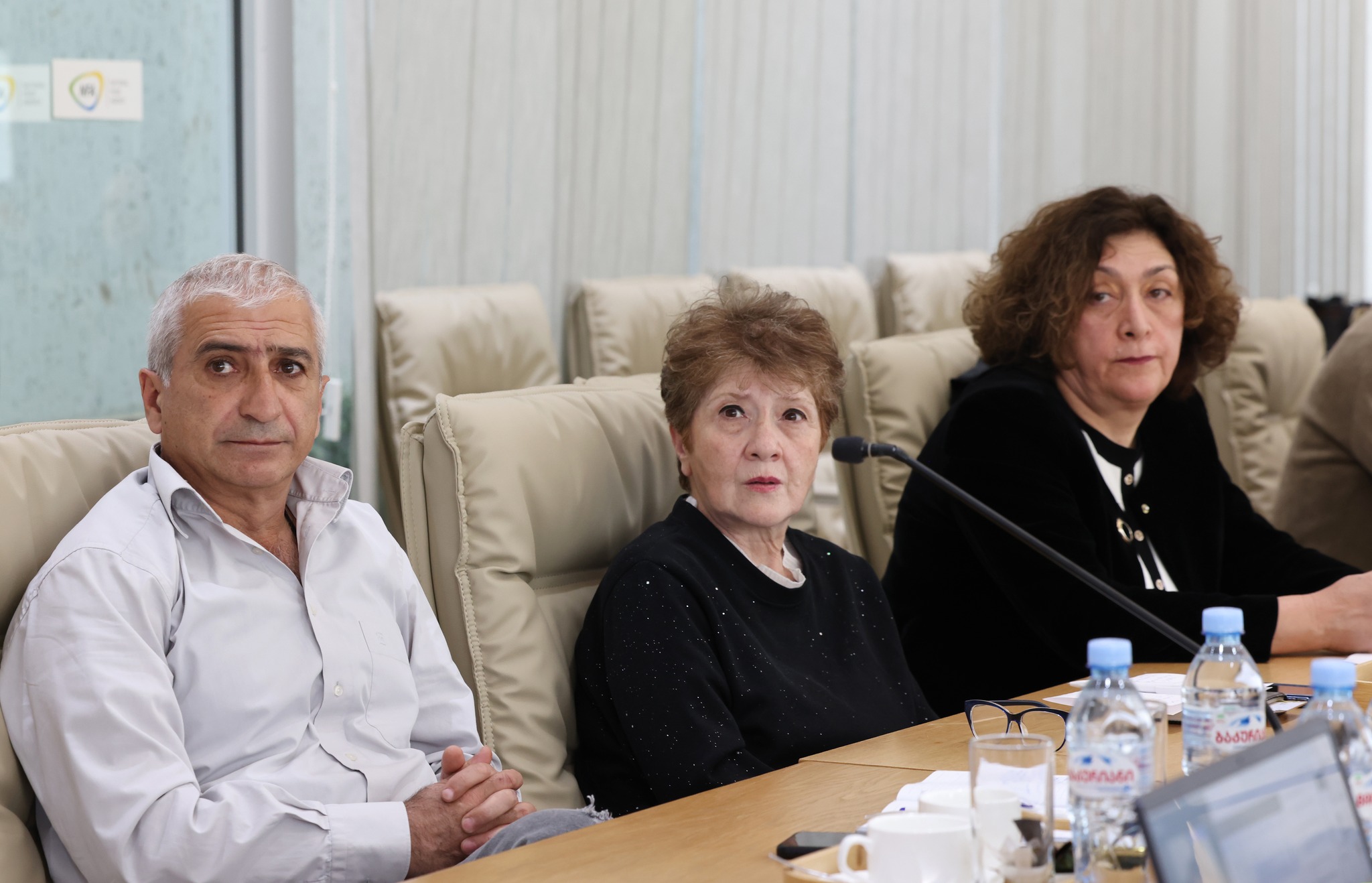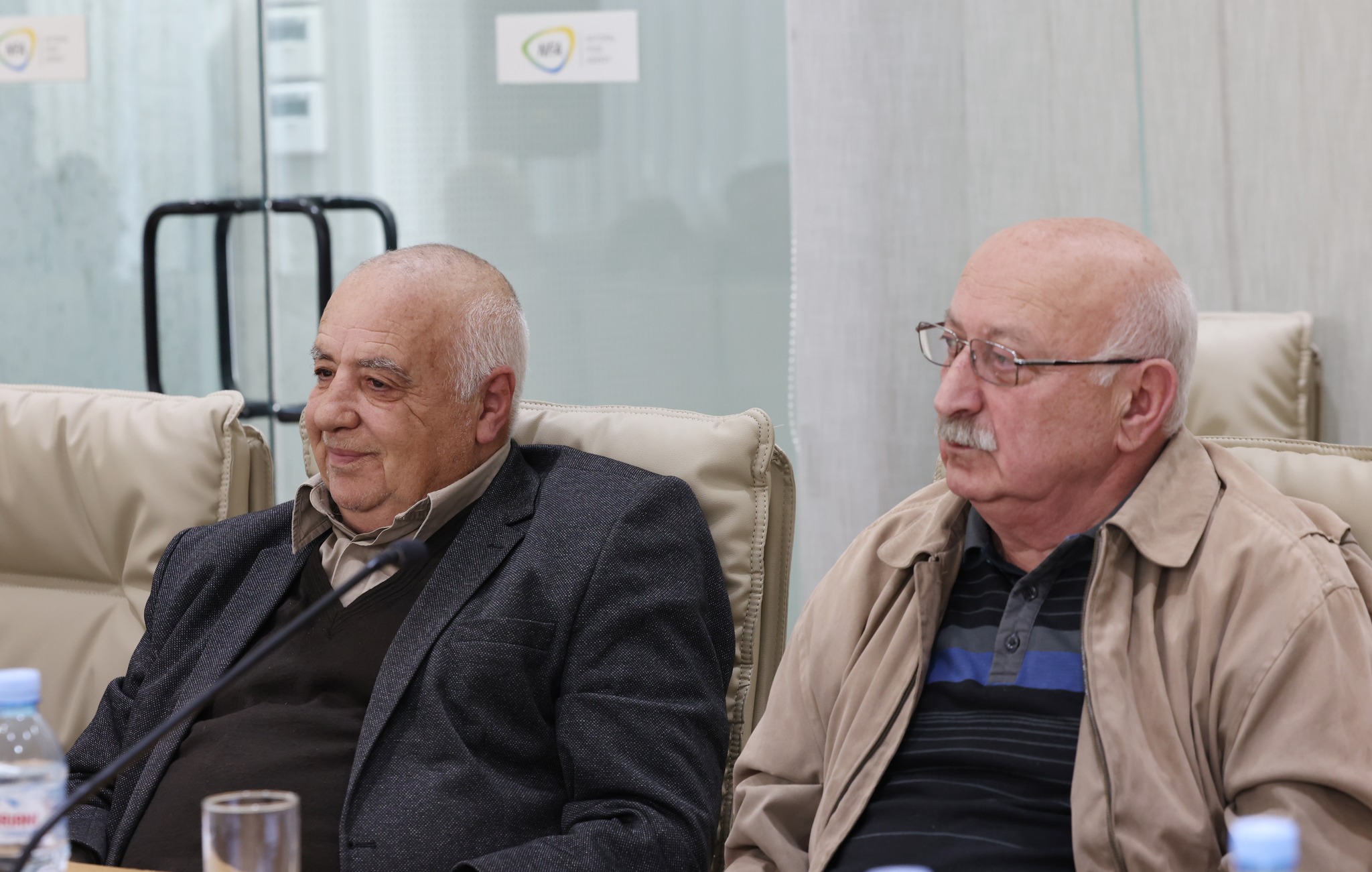News
Ministry Strengthens Efforts to Combat the Parasitic Honey Bee Mite Tropilaelaps Mercedes.
A special working group has been established by the Minister of Environmental Protection and Agriculture to address the spread of parasitic honey bee mite Tropilaelaps Mercedes in Georgia. The group’s mandate is to implement comprehensive and intensive measures aimed at controlling and preventing the spread of this disease. It will operate with the active involvement of relevant state authorities, scientific communities, industry associations, and private beekeepers.
Mr. Tengiz Kalandadze, Head of the Food Policy Department at the Ministry of Environmental Protection and Agriculture, highlighted the importance of collective action in managing the disease. "Through this working group, we will collaboratively plan and execute measures designed to effectively manage the disease, focusing on limiting its spread," Mr. Kalandadze remarked during the meeting at the National Food Agency, where attendees discussed the scope of the disease, control mechanisms, and preventive strategies.
As mentioned, the beekeeping community welcomes the initiative and expresses their readiness to cooperate with both state structures and industry associations, including scientific circles, not only to combat the Tropilaelaps Mercedes but also to advance the broader development of the beekeeping sector.
Mr. Giorgi Lakvekheliani, a member of the West Georgia Beekeepers Union, who manages 300 bee colonies, emphasized the critical role of early detection in managing the disease.
"Last year, we learned that Tropilaelaps Mercedes is manageable if detected early. If even a single case is identified promptly, we can control the situation using available zootechnical, chemical, and biological measures," Lakvekheliani explained.
Roland Zirakashvili, founder of the company ‘’Metaplia’’, underscored the importance of coordinated efforts and swift action to prevent large-scale damage to apiaries.
"We now have the necessary preparations and know exactly how to respond using chemical and zootechnical methods. We are fully prepared to manage the disease effectively," said Zirakashvili.
In response to suspected cases of Tropilaelaps Mercedes, the National Food Agency has conducted an epidemiological investigation, which included a clinical examination of affected bee colonies. The samples were sent to the State Laboratory of Agriculture and a referral laboratory in France for further analysis. Additionally, educational materials on disease identification, management strategies, and necessary actions have been developed and distributed to beekeepers across the country.



